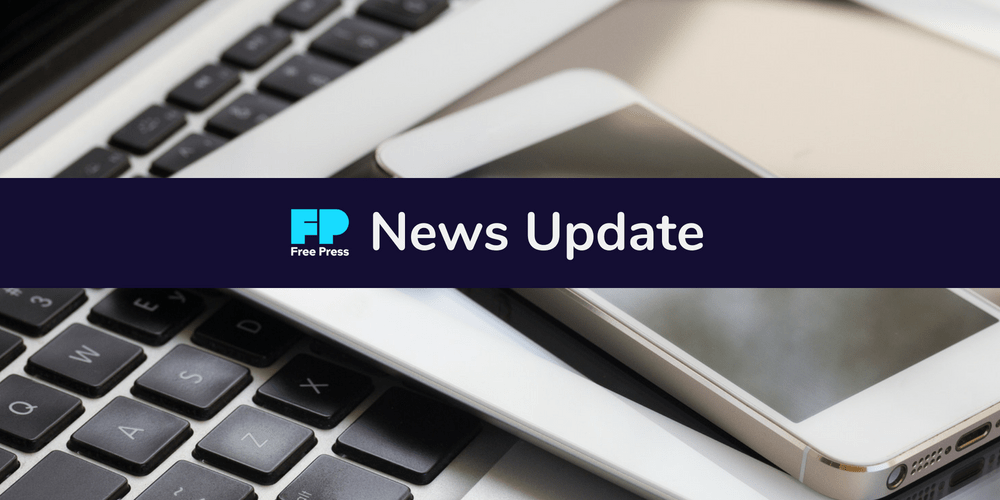In Supreme Court, Texas and Florida's Argument Against Big Tech Content Moderation Runs Afoul of First Amendment

WASHINGTON — On Monday, the U.S. Supreme Court heard arguments over state governments’ role in dictating how Big Tech companies like Google and Meta moderate speech on their social-media platforms. The cases before the court (NetChoice, LLC v. Paxton and Moody v. NetChoice, LLC) are in response to Republican-led Texas and Florida state laws that forbid platforms from taking down or even deemphasizing any posts based on their viewpoints.
Lawyers representing the technology companies argued that these laws infringe on platforms’ First Amendment rights by forcing a site like Facebook to host content and users that violate the platforms’ terms of service, including posts that violate company rules against hate speech and election disinformation. Lawyers representing Texas and Florida countered with the novel and untested idea that platforms that serve hundreds of millions of U.S. residents should be considered common carriers. As such, the government lawyers say, they should be subject to content-moderation restrictions.
Free Press Senior Counsel and Director of Digital Justice and Civil Rights Nora Benavidez said:
“In this pivotal election year, social media is already having a significant impact on our democracy. There is plenty of room to critique social-media companies’ failure to keep platform policies and adequate staffing in place to maintain integrity on their services, particularly at a time when dozens of countries around the world are holding elections.
“While we believe that the platforms should strengthen their content-moderation policies, the First Amendment is clear: It’s not the government’s role to impose rules on how companies like Meta and Google should accomplish this. Getting government involved in this way would cause far more problems than it would cure. It would ratchet up the amount of hate and disinformation online instead of reducing it and would undermine both the meaning and the intent of the First Amendment.
“From fanning the flames of extremism ahead of January 6, 2021, to entrenching polarization around issues like the ongoing violence in Gaza, social-media companies have a crucial role in shaping public attitudes. But regulation that places control of private companies’ content-moderation decisions in the hands of state officials runs afoul of the First Amendment and risks forcing platforms to keep lies and other violative content up. As we head into one of the most significant election years in recent memory, regulatory schemes to force platforms to keep false and harmful content up are not the answer, especially when those unconstitutional mandates are predicated on penalties that state actors impose for decisions concerning private speech.
“One of the fundamental values underpinning the First Amendment is that our government cannot dictate the terms of public debate. That’s exactly what Texas and Florida have tried to do in bolstering state authority to intervene into private speech. The potential future we see is troubling: State officials would be able to mandate that platforms keep dangerous content online under the guise of protecting free expression. The natural byproduct wouldn’t be a flourishing of free speech; the result would be more misinformation, more extremism and more hate that platforms would leave up to avoid being punished. It would offer a convenient excuse for inaction for platforms that already have a track record of negligence in leaving up harmful content. That failure to moderate sufficiently is even worse in non-English languages, and harmful content is left up longer when it targets LGBTQIA+ communities and other vulnerable user groups.
“Tech companies must commit to platform integrity especially in light of how online lies and calls for violence frequently lead to real-world harms. But an unconstitutional effort to regulate platforms into becoming free-for-alls of hate and political disinformation is the wrong path forward.”
Background: In December, Free Press released Big Tech Backslide: How Social-Media Rollbacks Endanger Democracy Ahead of the 2024 Elections, a report that documents the retreat of Meta, Twitter and YouTube from earlier pledges to protect election integrity.